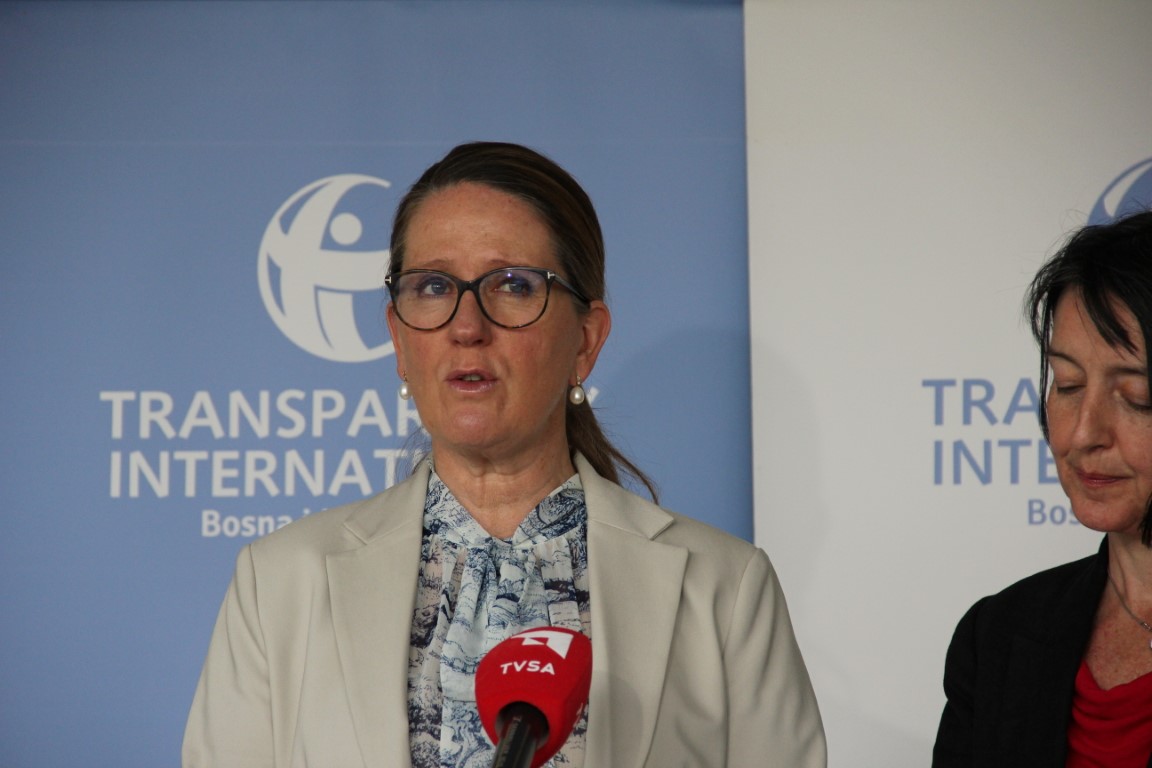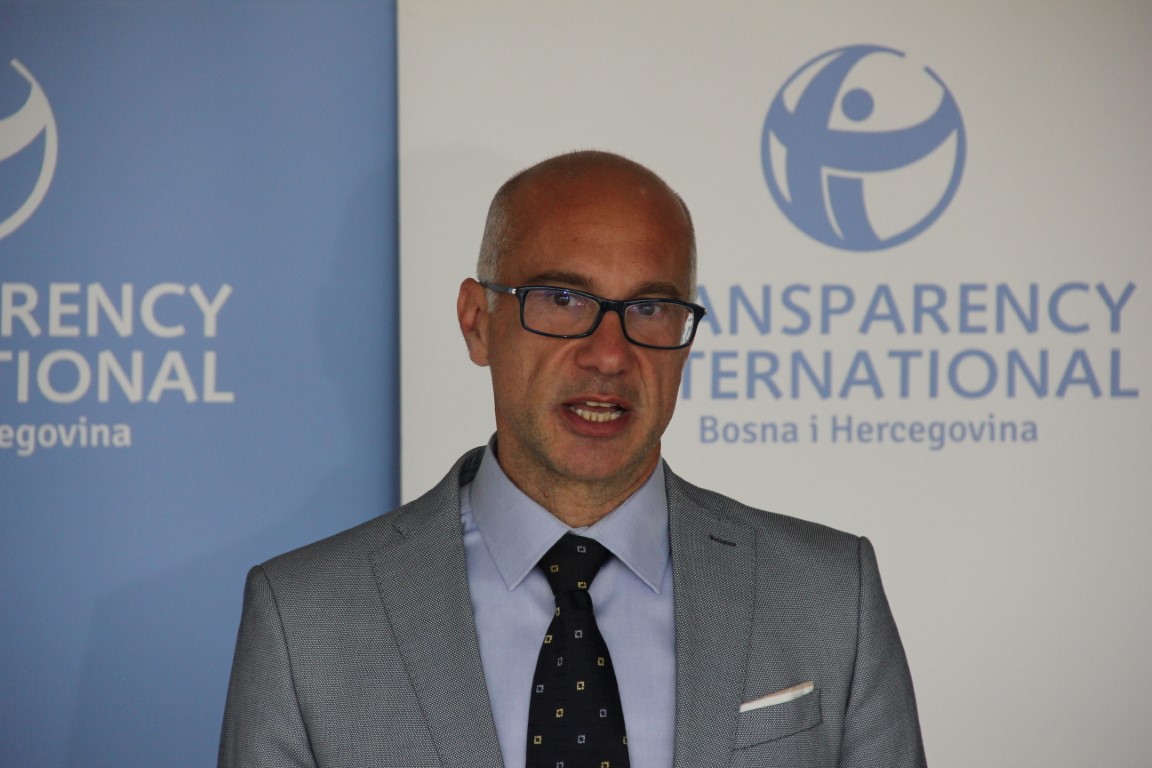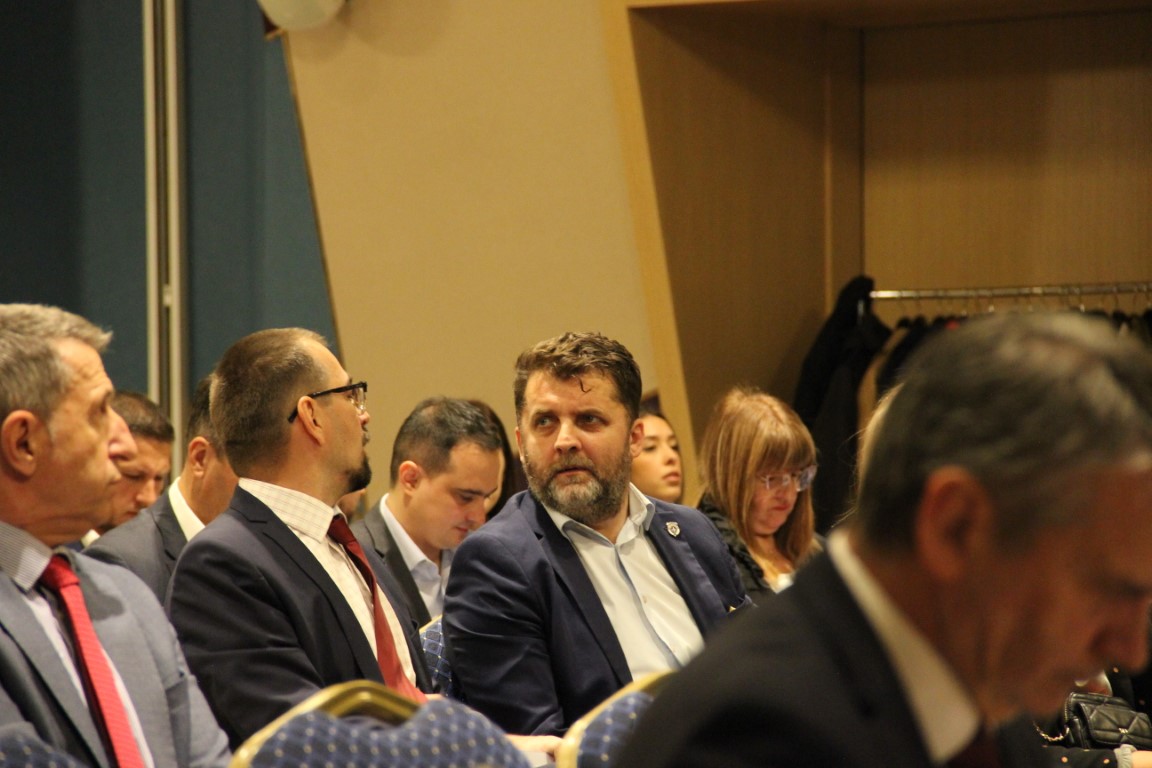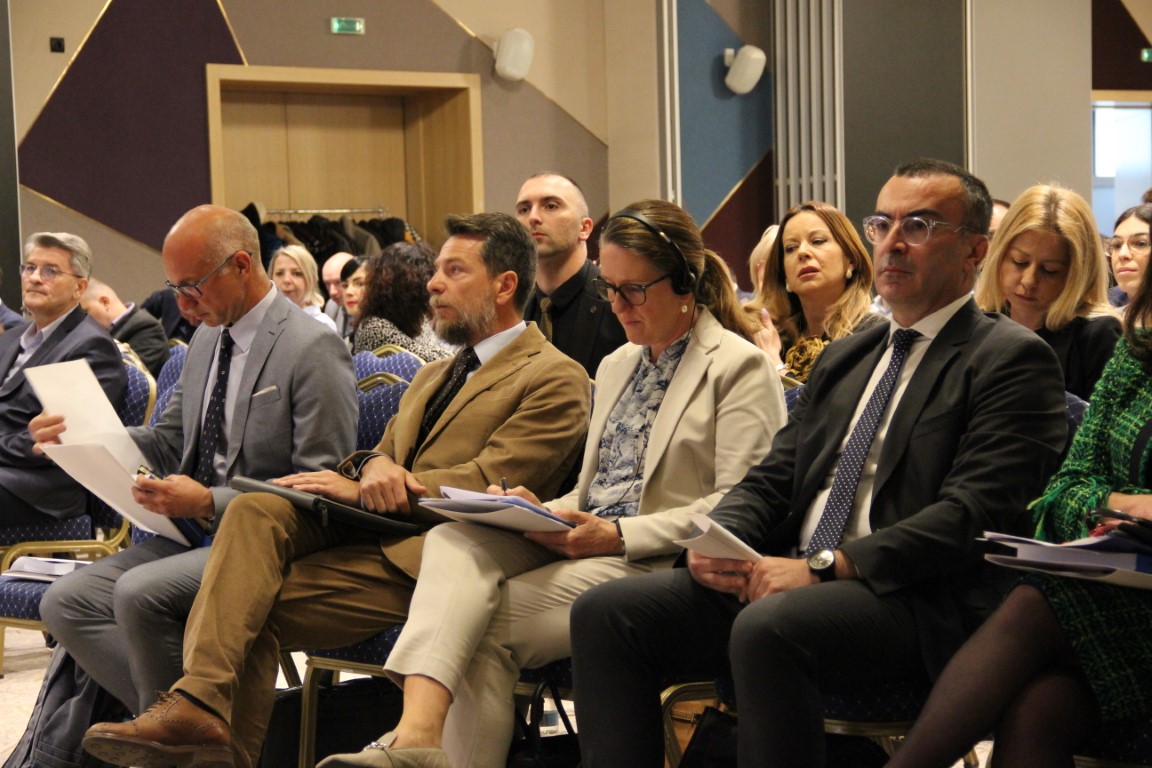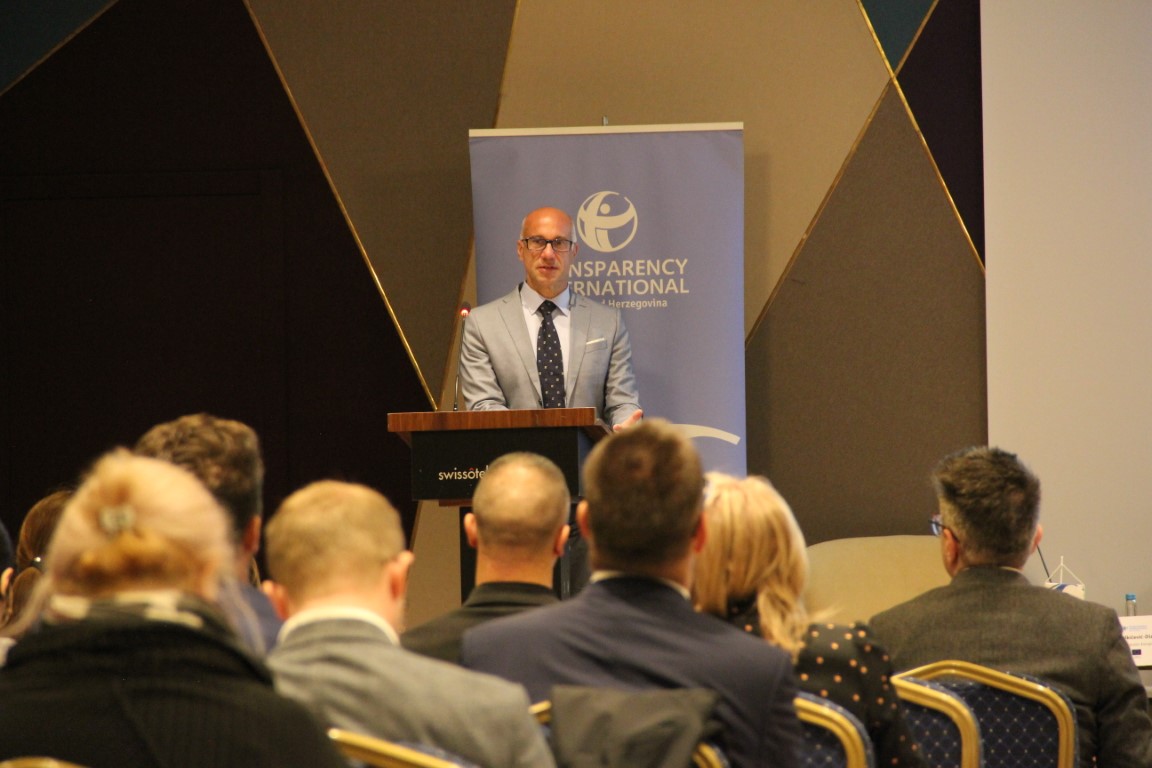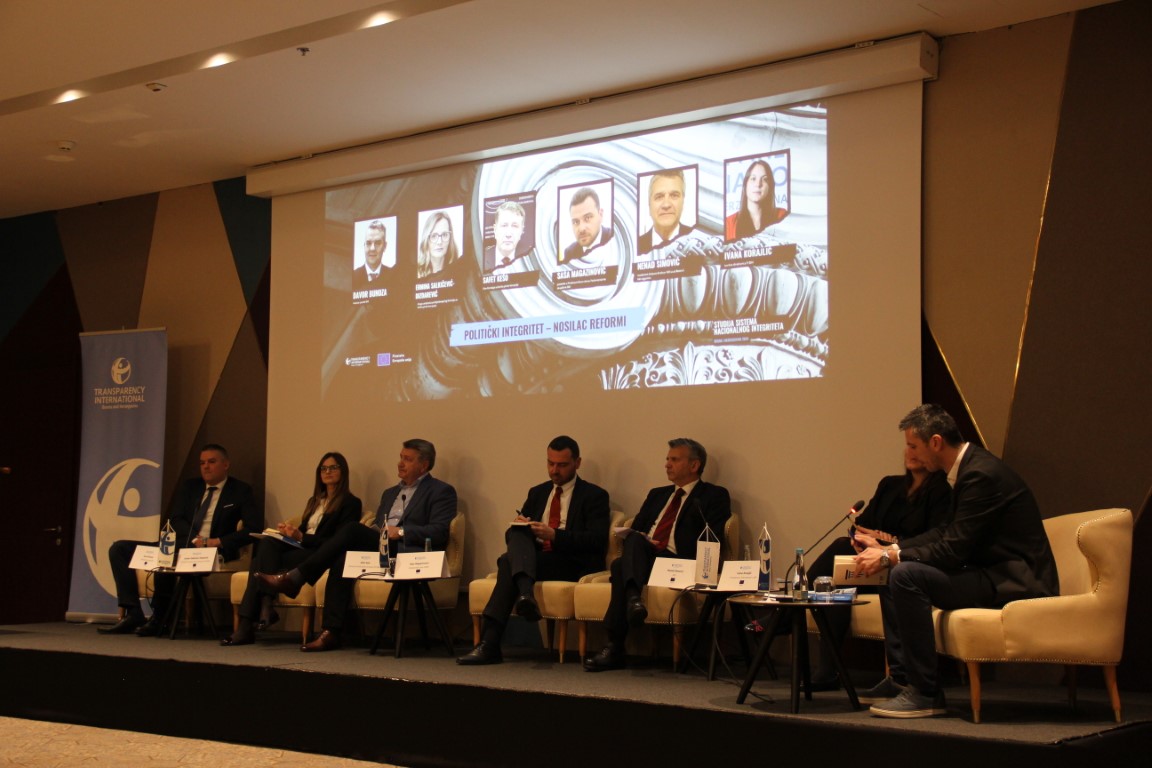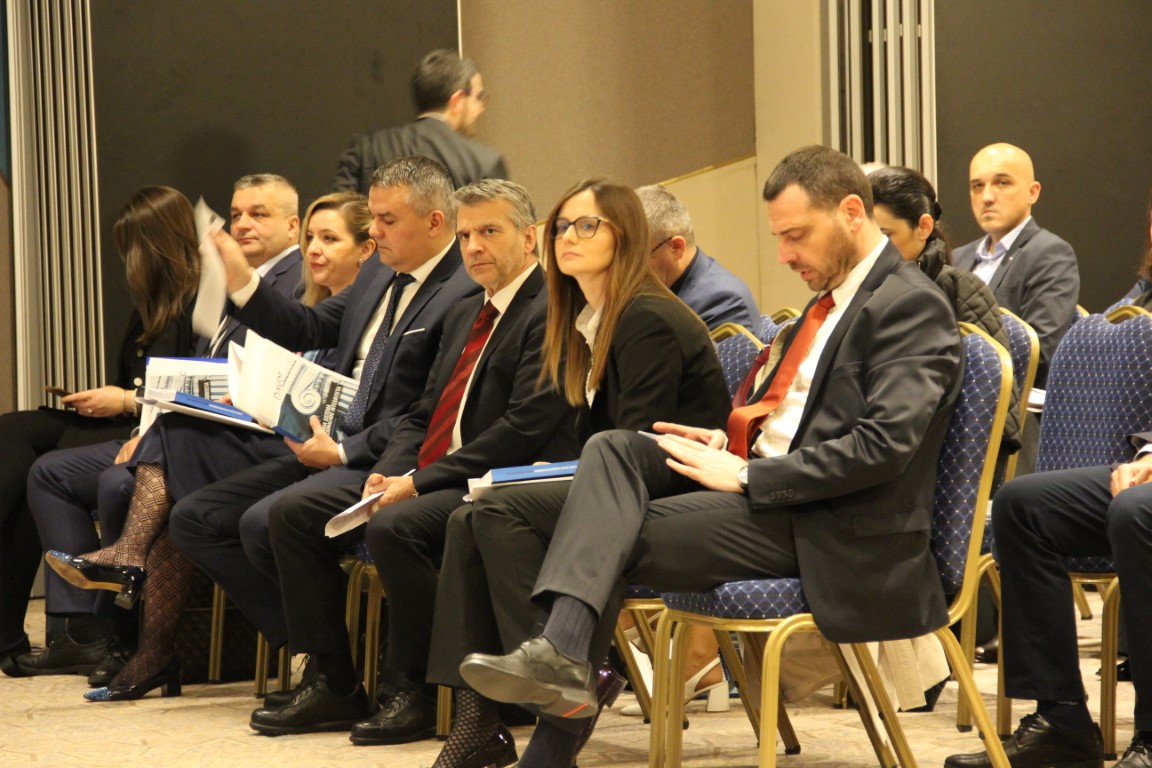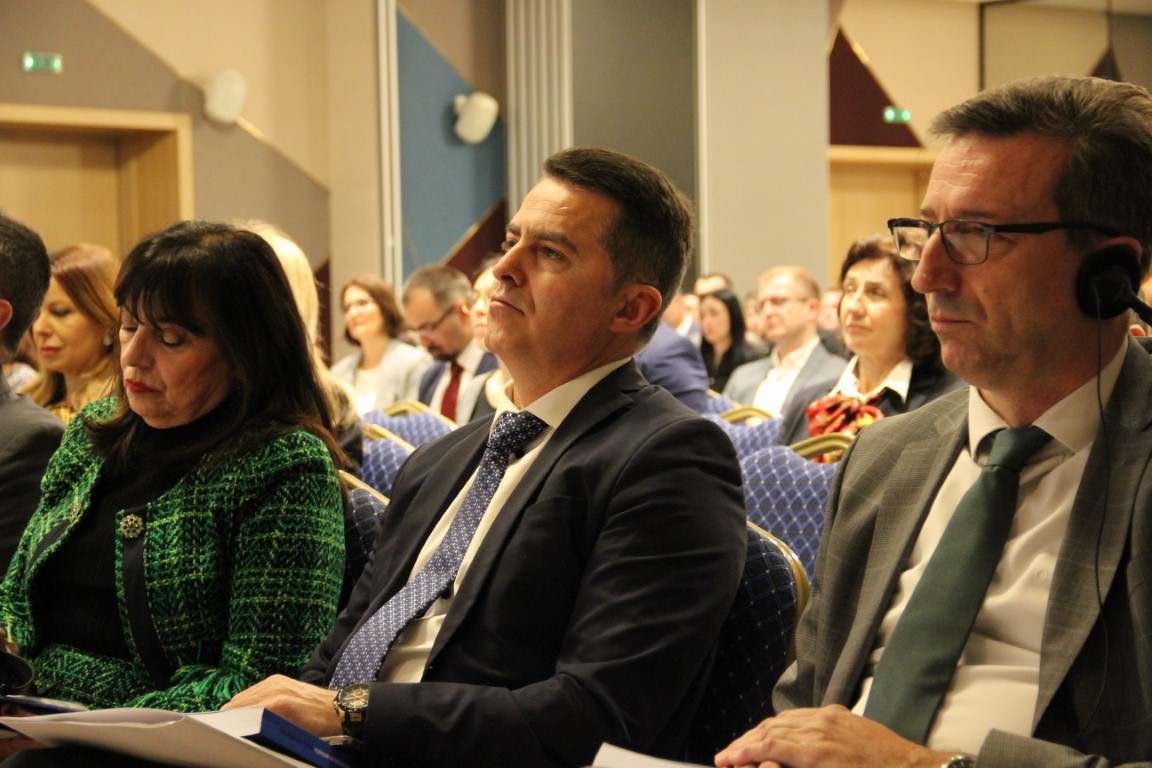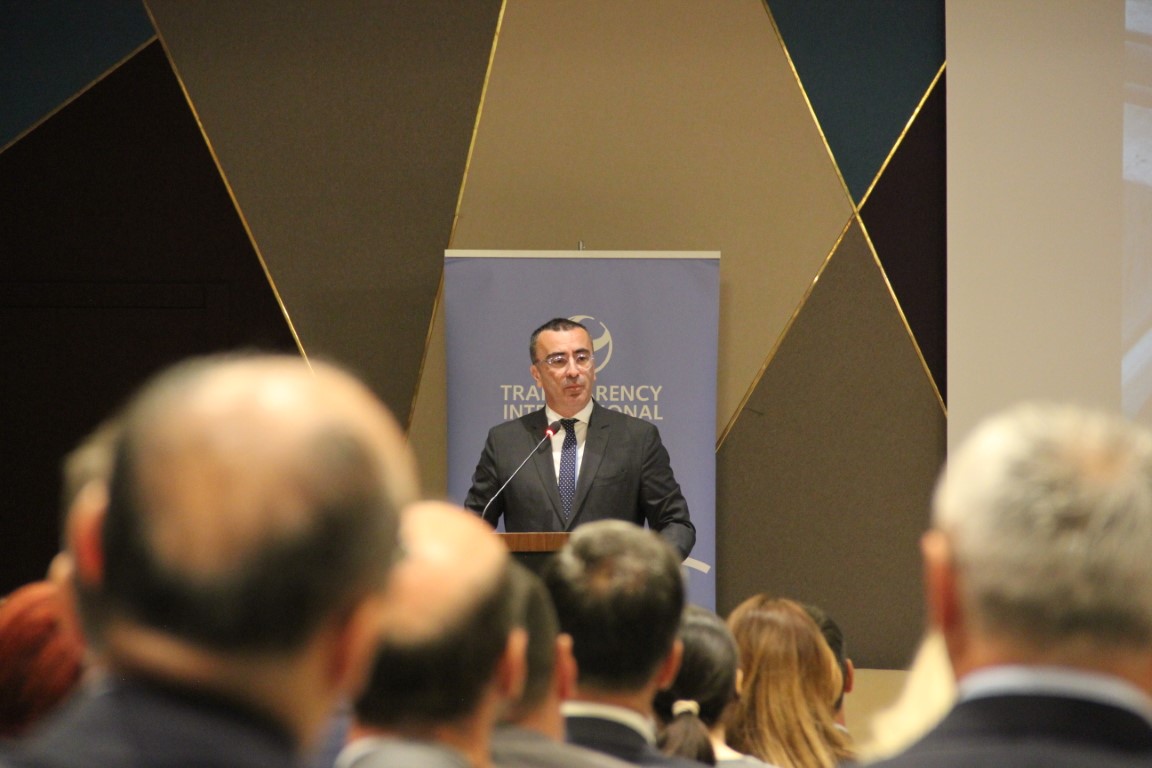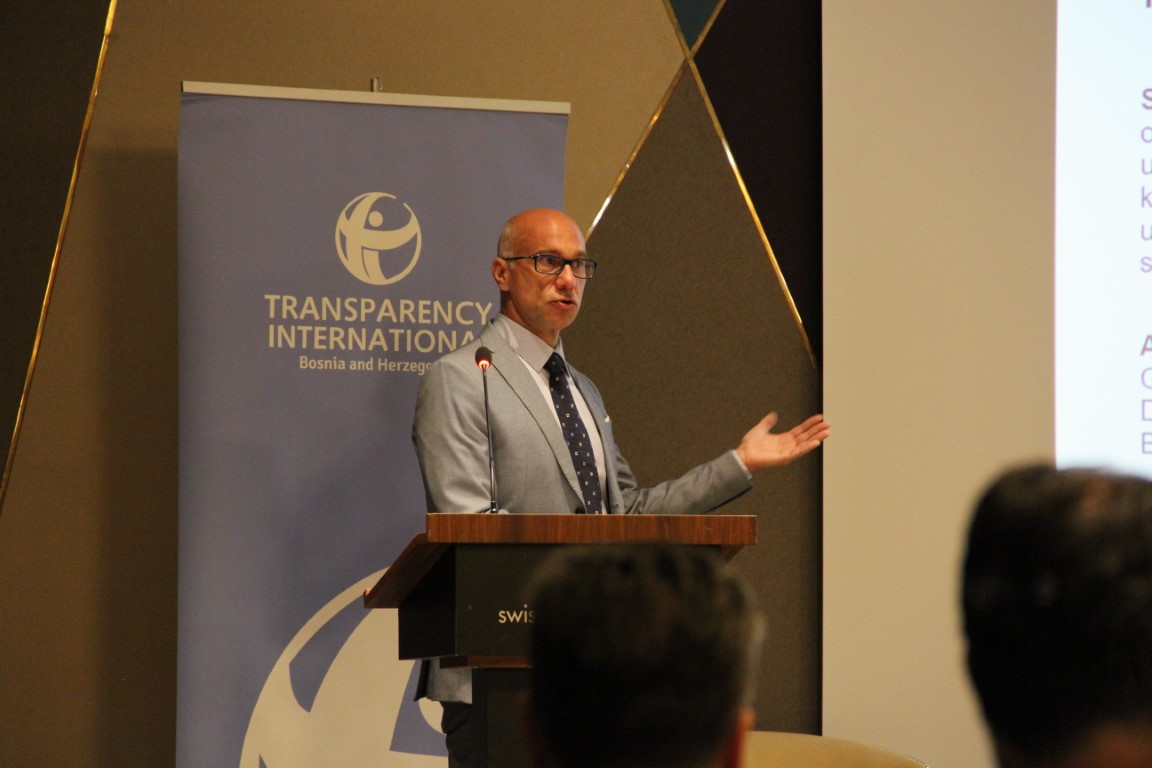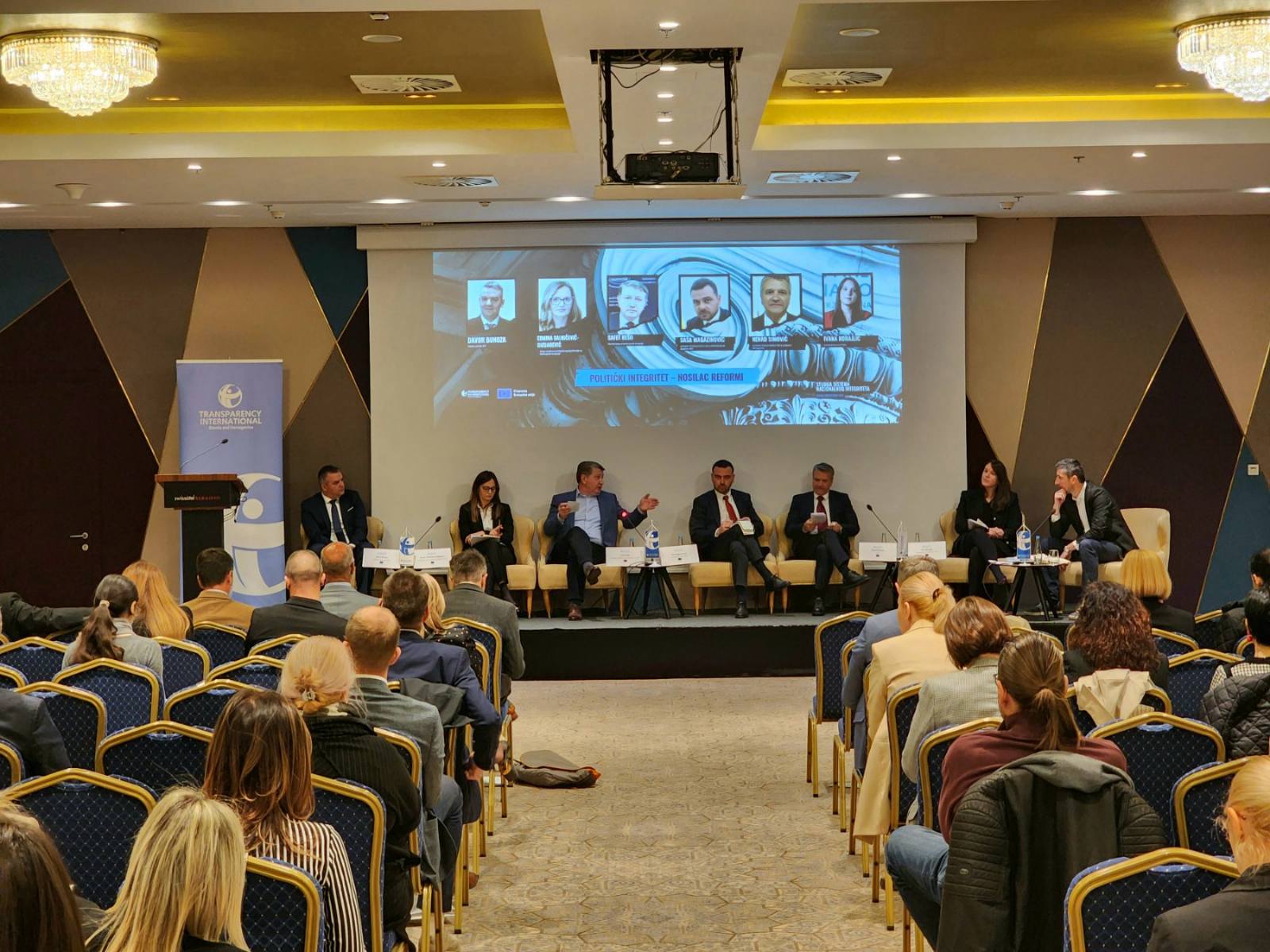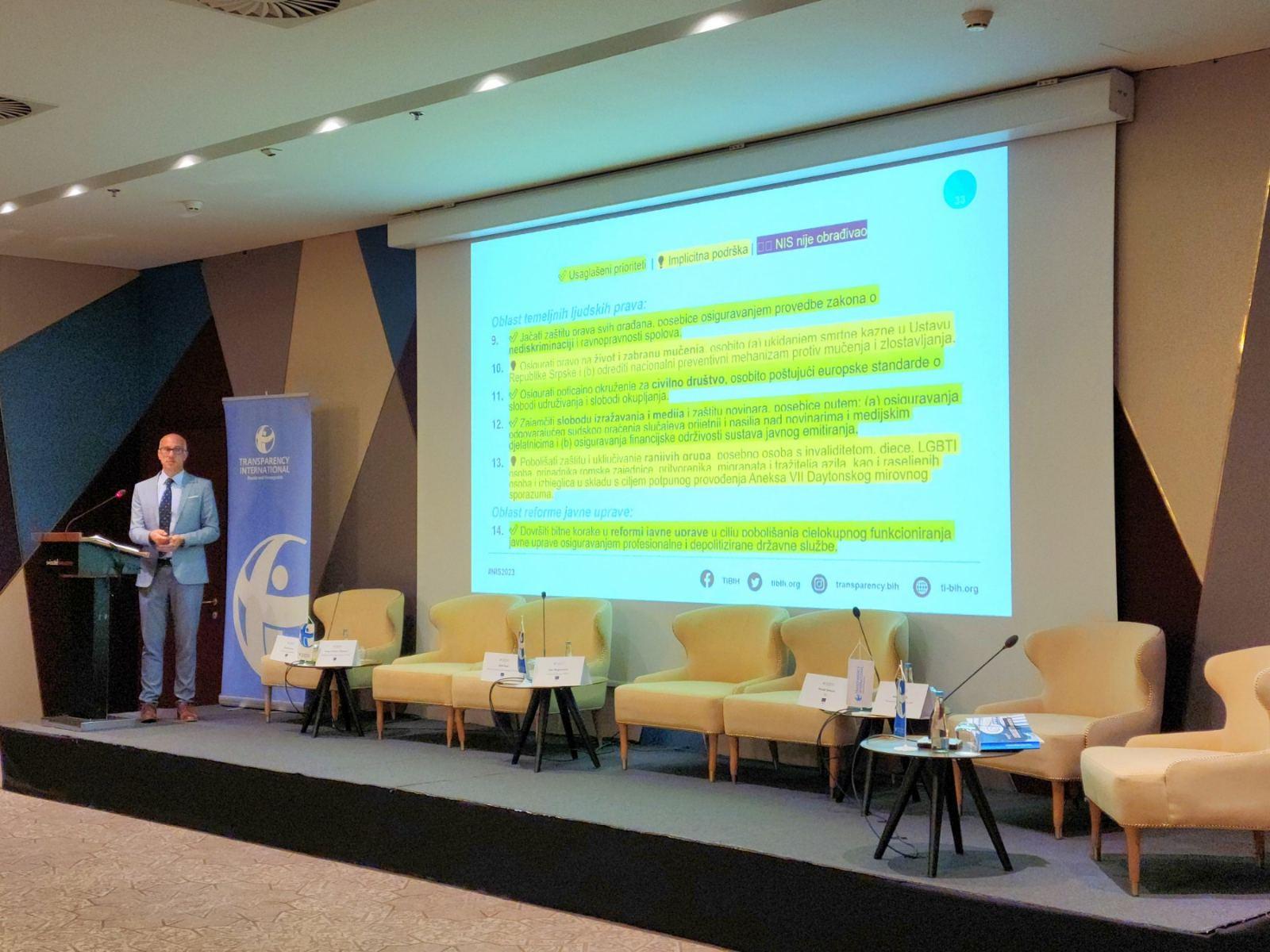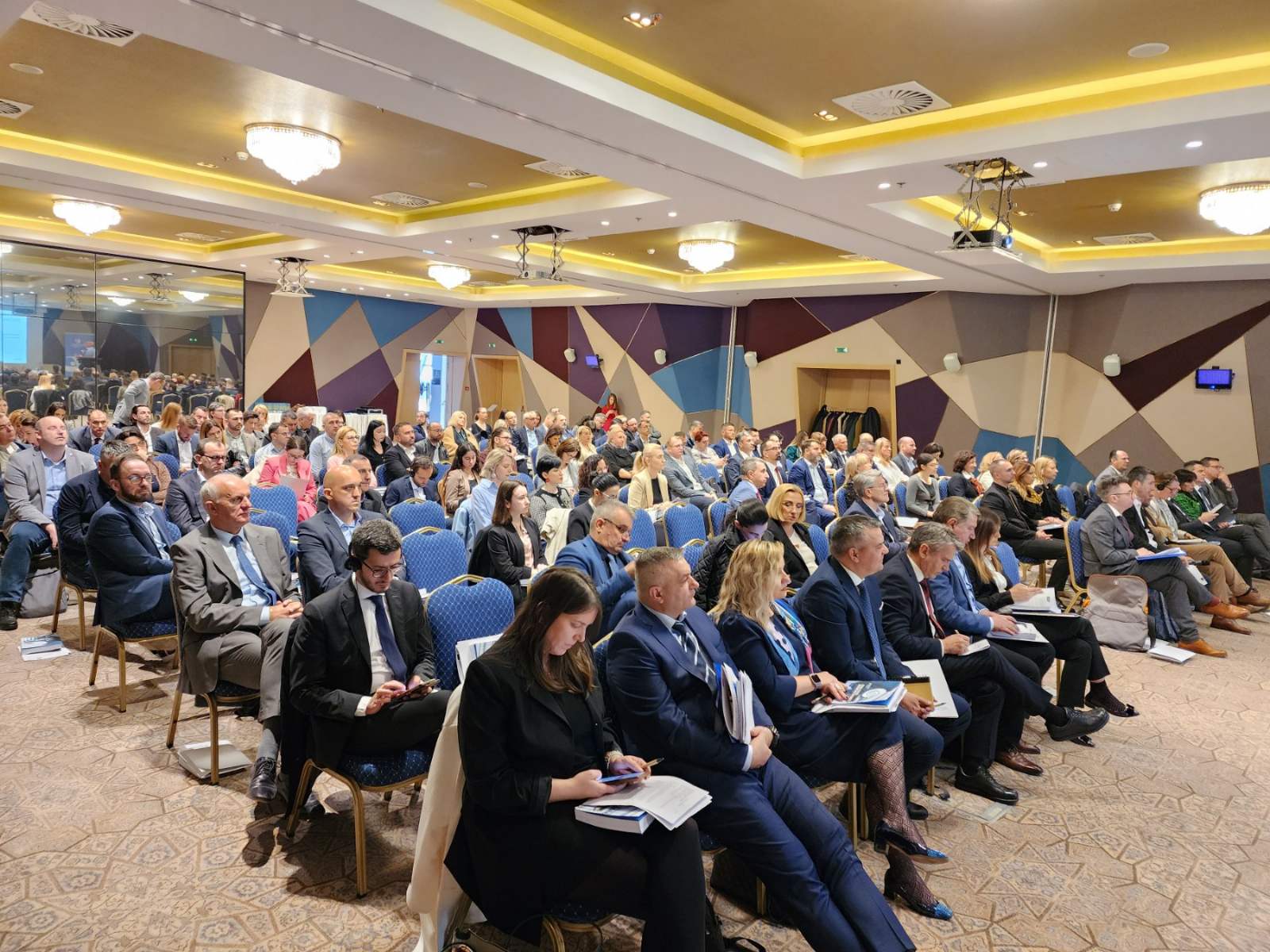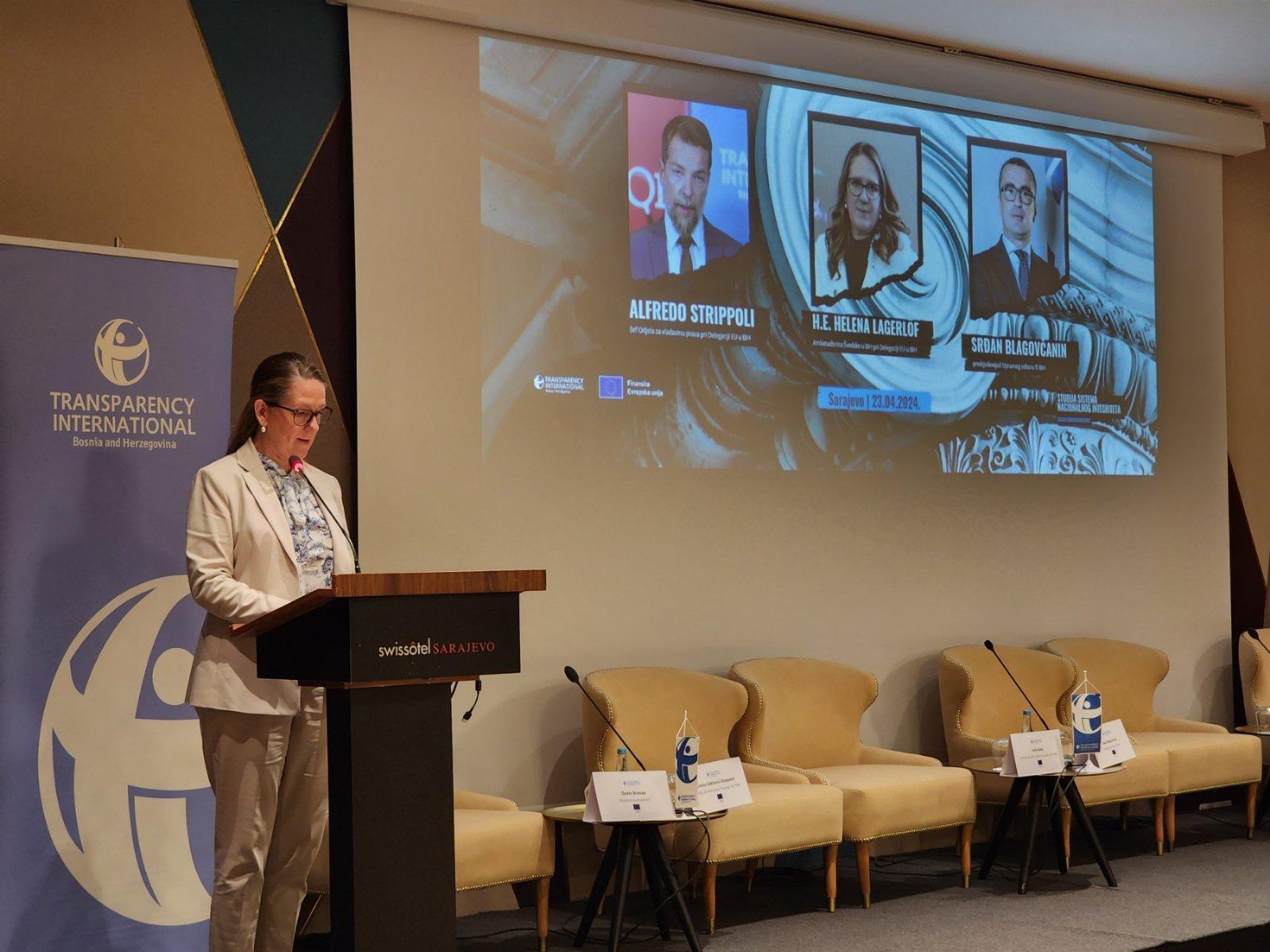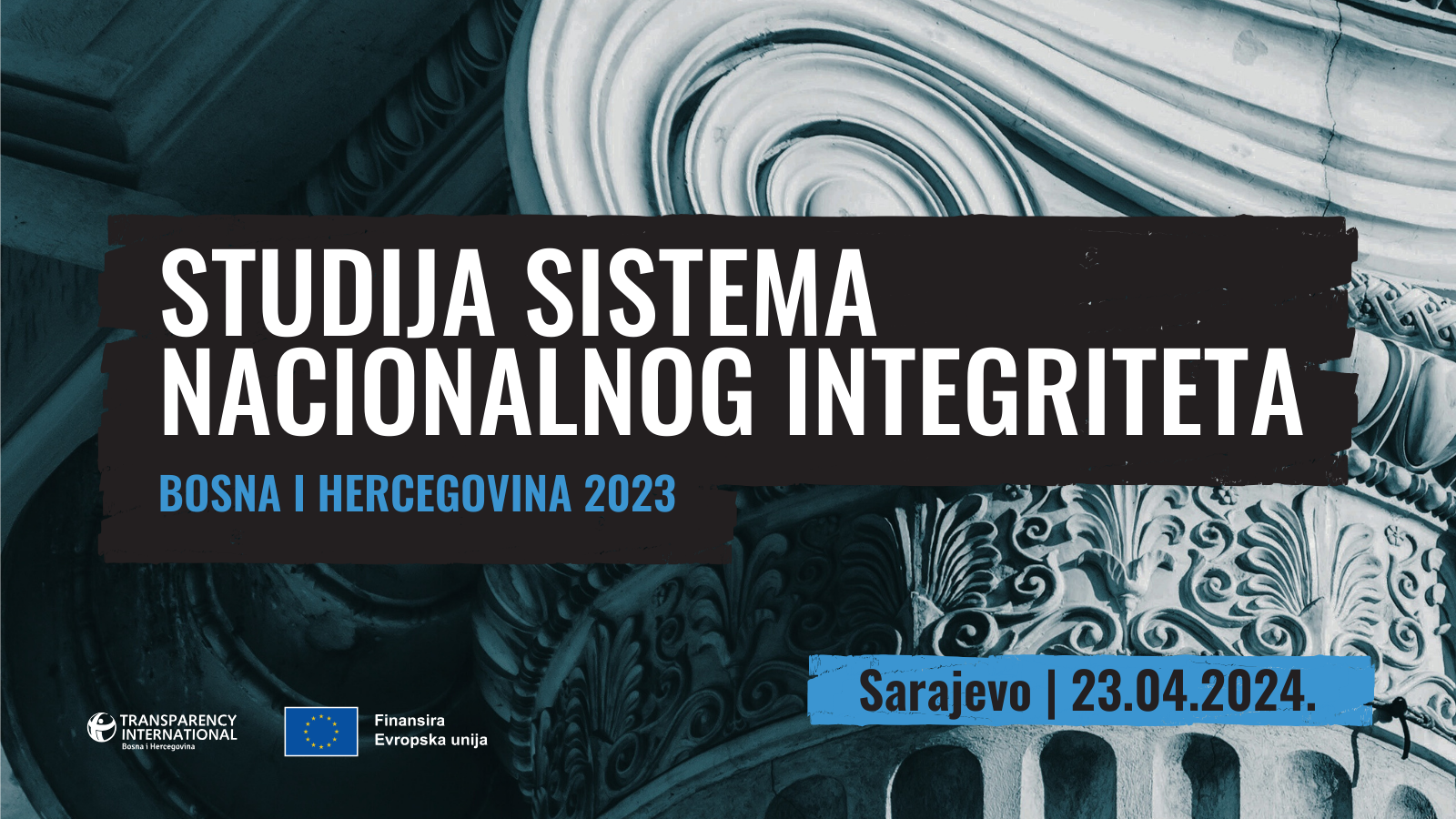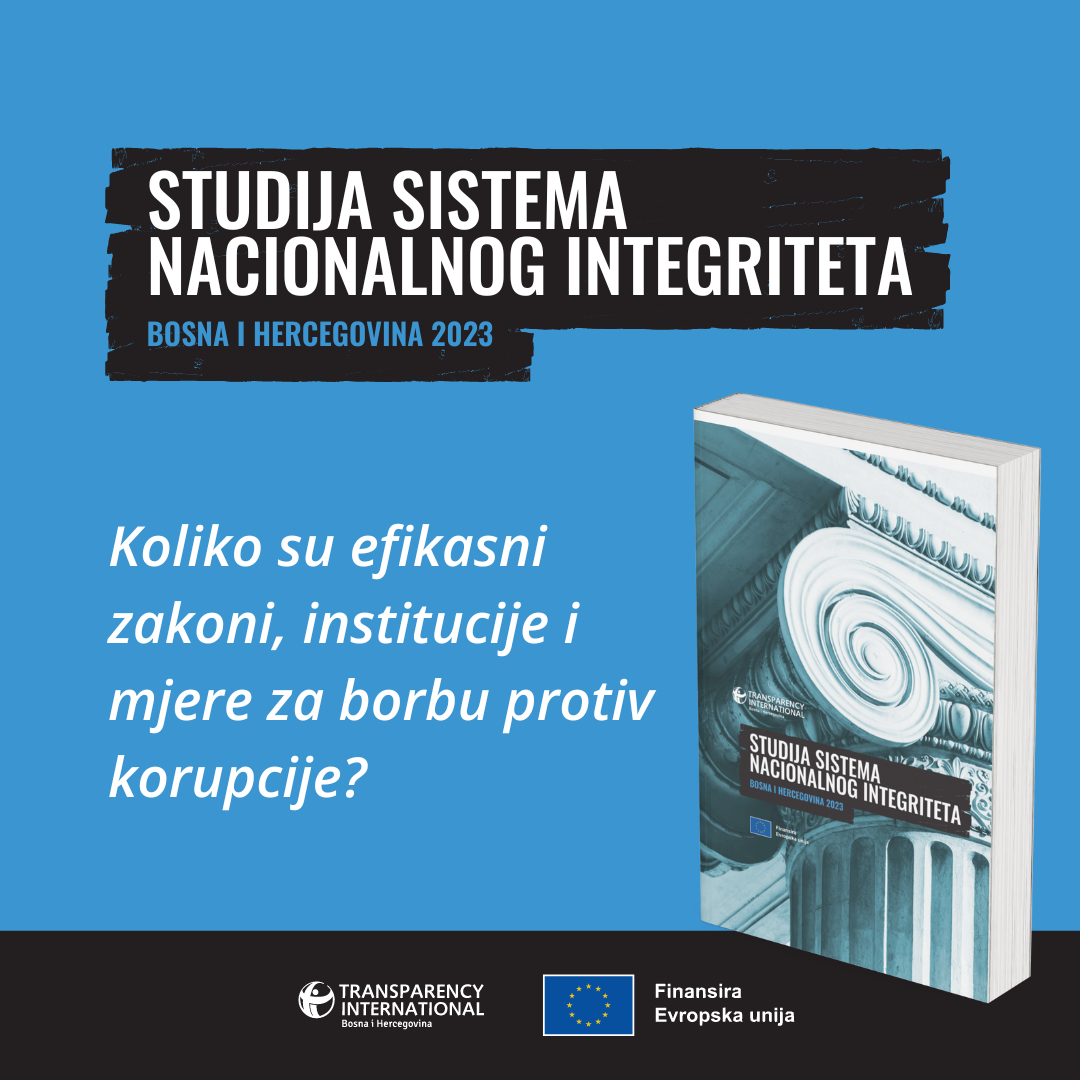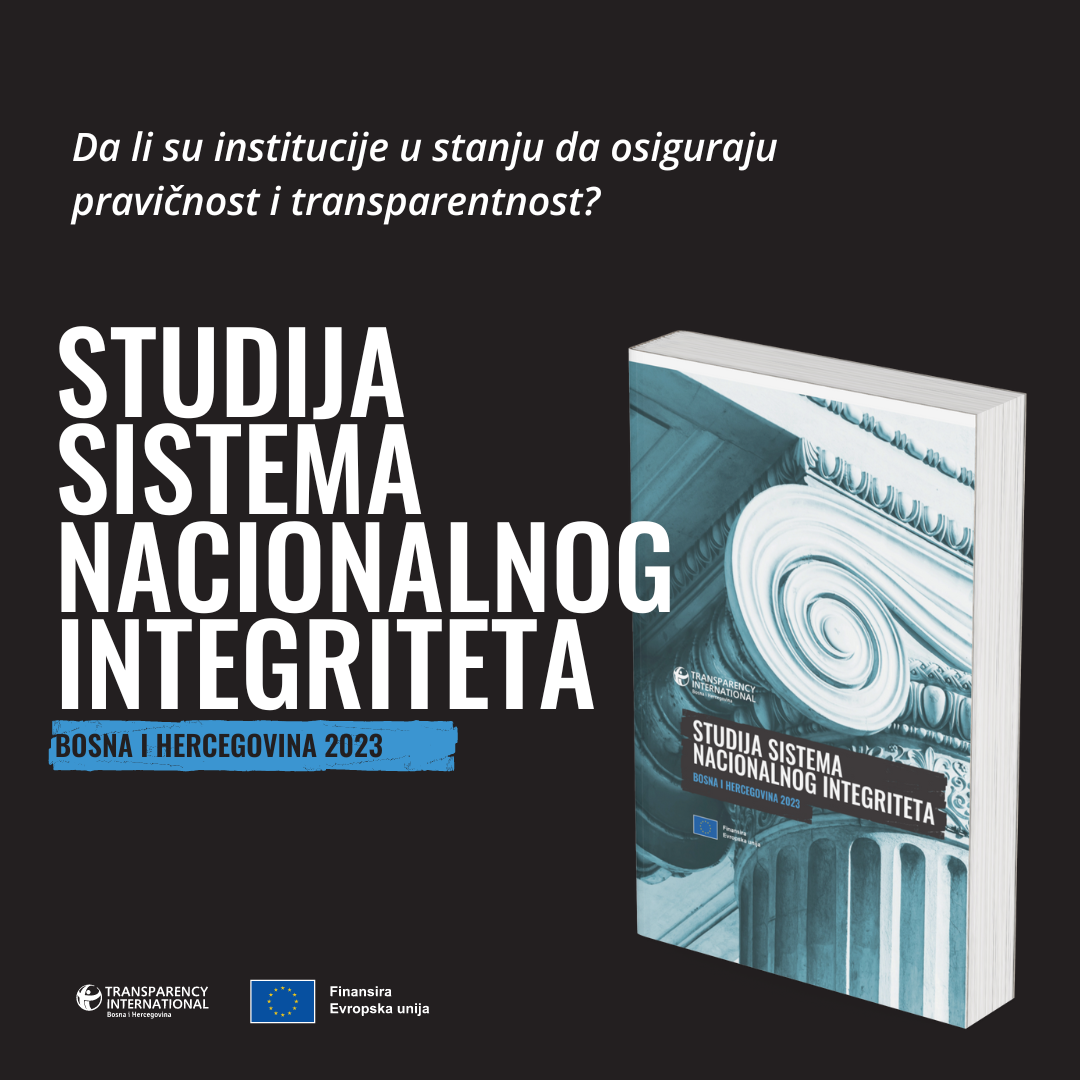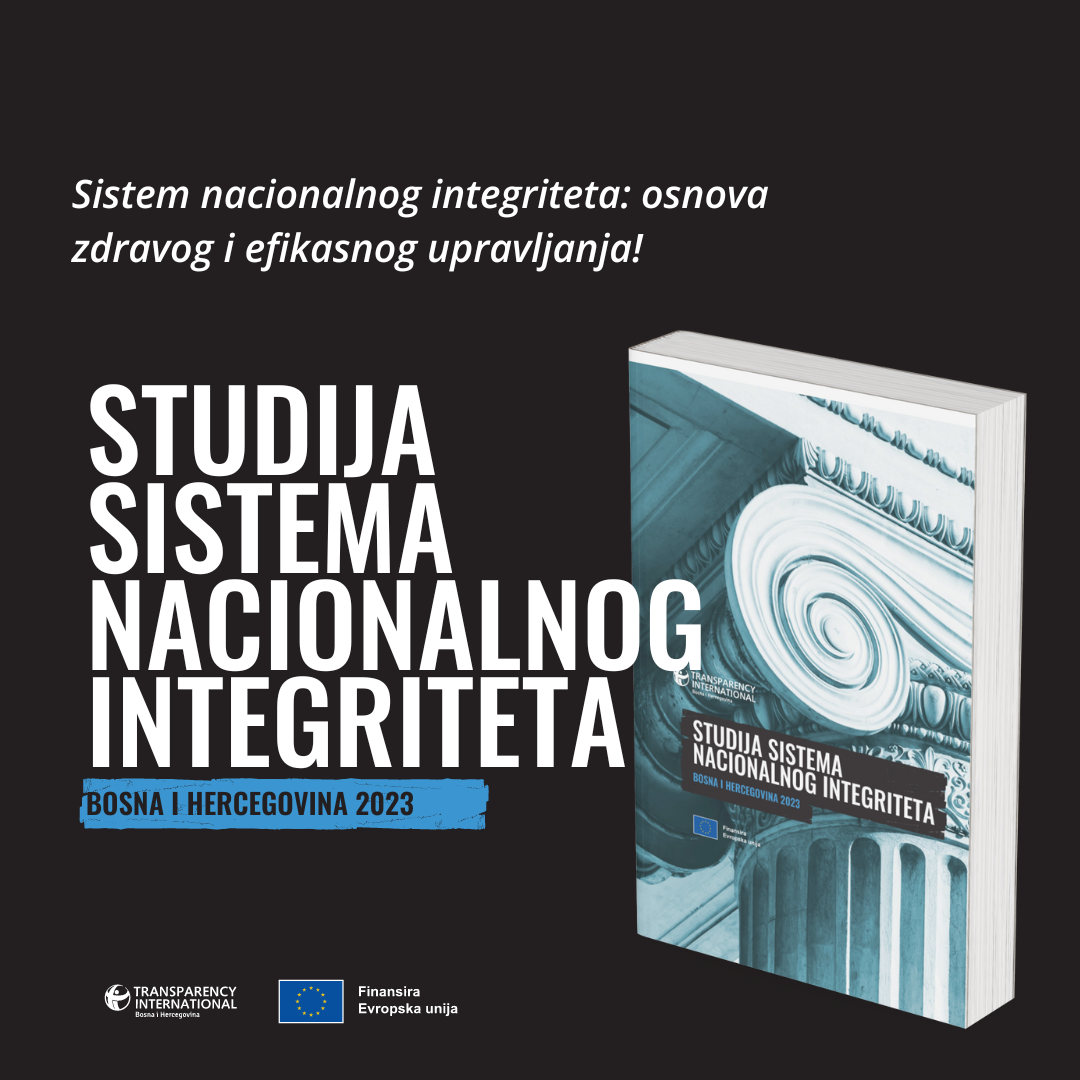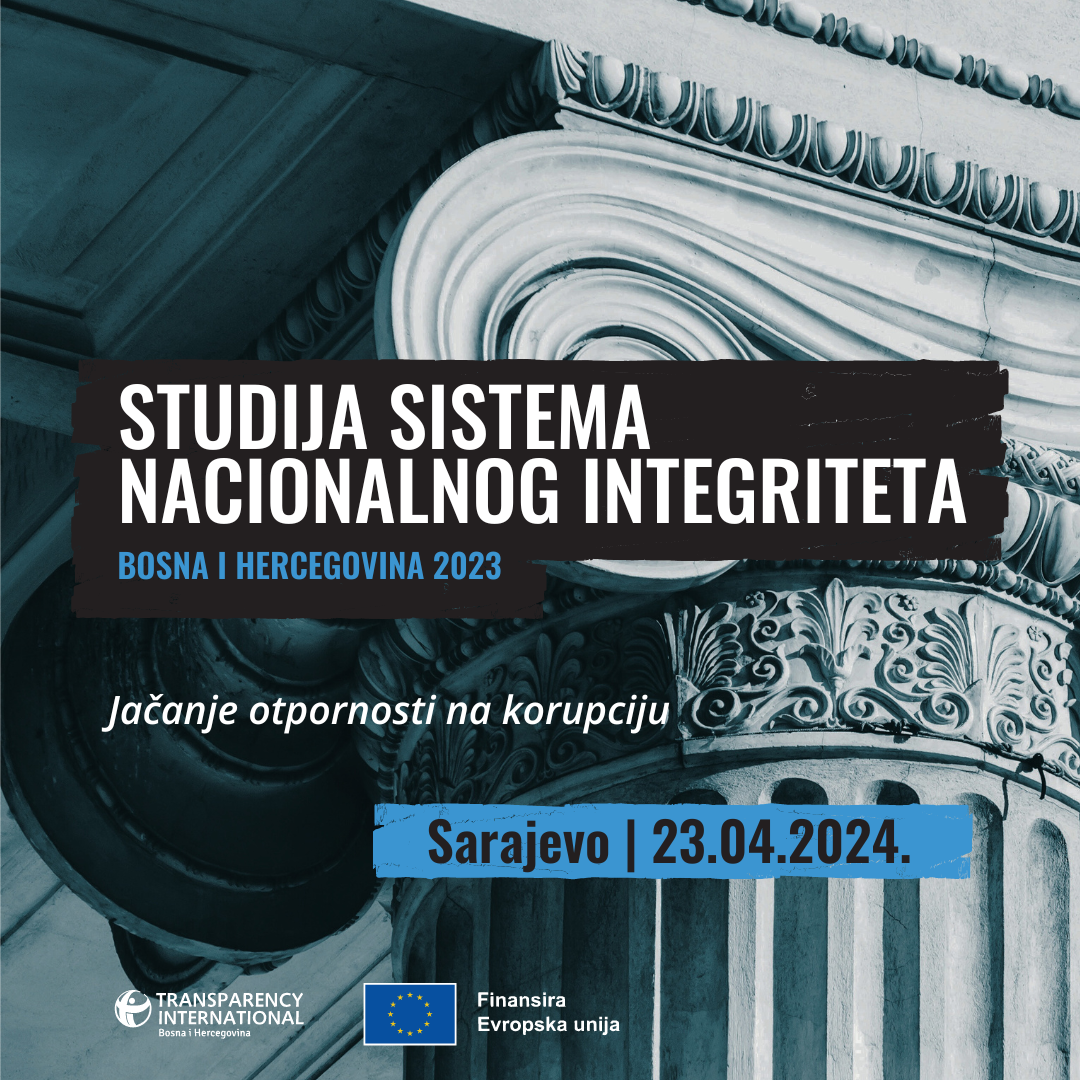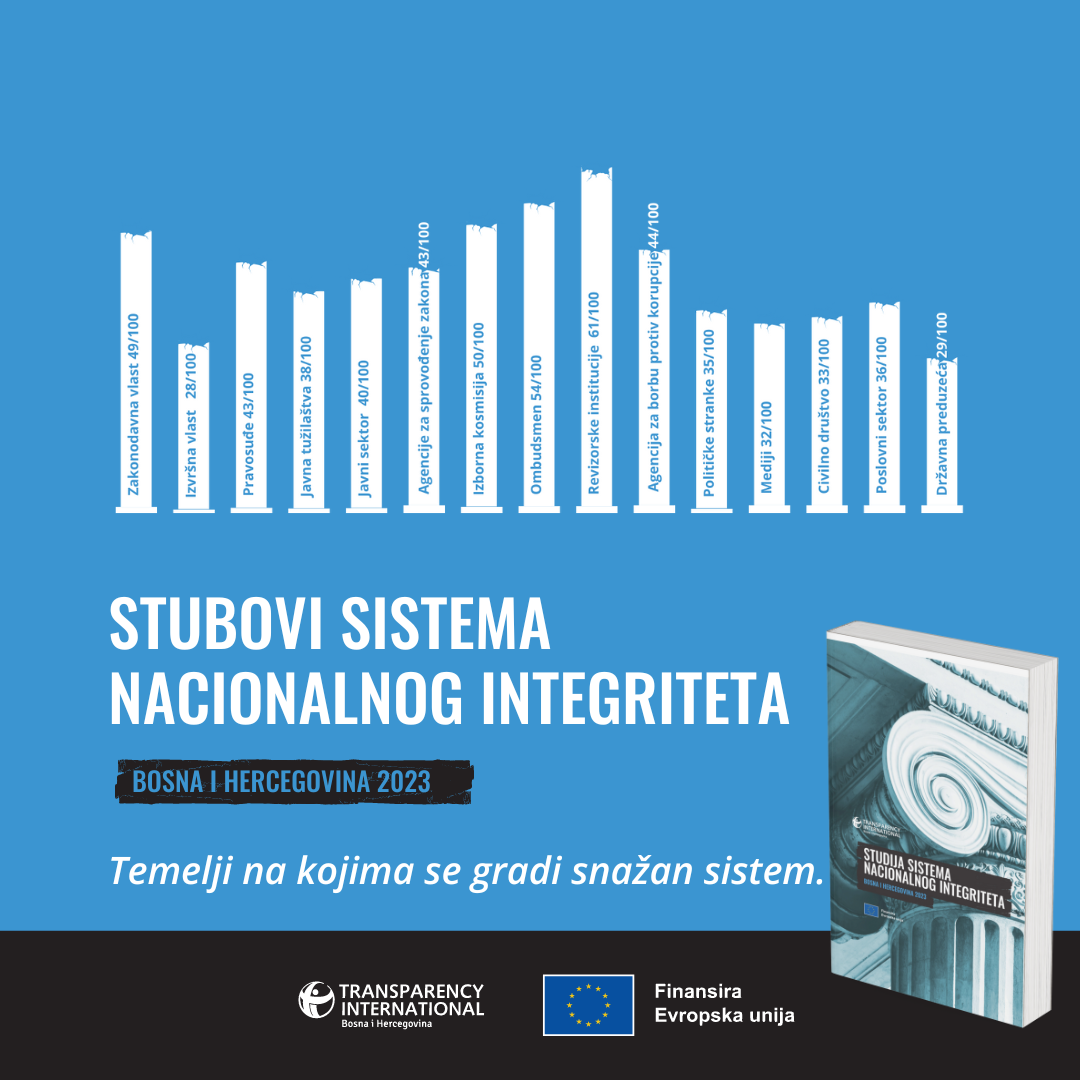Associations against the “law on non-profit organizations in RS”: Everyone, from trade unions to humanitarian and sports organizations is under attack!
Anyone who votes for the adoption of the restrictive Proposal law on a special register and the publicity of the work of non-profit organizations will stand against the freedom of...
Press releases ● 20 May 2024
Izvještaji za Mediae
Associations against the “law on non-profit organizations in RS”: Everyone, from trade unions to humanitarian and sports organizations is under attack!
Press releases ● 20 May 2024
Anyone who votes for the adoption of the restrictive Proposal law on a special register and the publicity of the work of non-profit organizations will stand against the freedom of association, freedom of action and most importantly – against the well-being and continuation of support, assistance and provision of services to citizens of the Republic of Srpska.
That is why we call on all MPs in the National Assembly of the Republic of Srpska to say NO to such a law on May 22, 2024!
A system that prohibits freedom of speech, freedom of action, freedom of association becomes a system of fear and a culprit for violating basic human, democratic and constitutional rights.
Numerous associations in the Republic of Srpska have been helping citizens in various ways for many years, from social assistance, protection from violence and bullies, humanitarian actions, providing legal aid, fighting corrupt actions, and now they have come to a situation to fight for survival, with a target on their foreheads and facing threats to put a padlock on the door!
The government, under the pretext of introducing transparency into the work of the association, actually wants to make all associations obedient! Any activity or initiative that the government does not like or finds to be unsuitable will be punished. Any association that is not suitable and does not act as it is told, will be attacked by various controversial and sketchy provisions of the new law, and ultimately shut down. The new law applies to all associations, not just certain ones, as this is misrepresented in public. Everyone is under attack, from those fighting for human rights and against corruption to sports organizations, women’s rights associations, trade union organizations, consumer rights associations, humanitarian associations…
This will not only lead to the extinguishing or banning of the work of the association,but will produce negative economic consequences through the isolation of Republika Srpska and the reduction of investments.
Citizens’ associations are already working transparently and in accordance with the laws, and now we ask whether the Government of republika Srpska, which secretly sent the Proposal of the so-called law “on NGOs” to the parliamentary procedure, is working transparently. The disputed provisions contained in the Draft Law are open for arbitrary interpretations by the authorities to assess which organizations “politically operate”, while the label “foreign agent” will represent an attack and an attempt to directly pressure the independence and work of the association.
Also, the Draft Law encroaches on the constitutions of Republika Srpska and Bosnia and Herzegovina, the European Convention on Human Rights and Fundamental Freedoms and is not in accordance with the most important international standards.
We must preserve the freedom to unite!
Freedom to act!
The freedom to help citizens.
The freedom to have the right to criticize what is not good!
Freedom to work for a better tomorrow community!
Freedom to speak!
That’s why we say no to restrictive law!
The announcement is signed by:
Banjalučki centar za ljudska prava
Banjalučki socijalni centar
Centri civilnih inicijativa (CCI)
Centar za mlade „KVART“
Centar za informativnu dekontaminaciju mladih Banja Luka
Centar za životnu sredinu
Društvo za istraživanje i zaštitu biodiverziteta
Fondacija “Lara”
Fondacija „Udružene žene“
Helsinški parlament građana Banjaluka
Genesis project
Moja Hercegovina
Omladinska organizacija „Centar“ Mrkonjić Grad
Perpetuum mobile – Institut za razvoj mladih i zajednice
Pro Educa
Resursni Aarhus centar u BiH
SEMPER – Servis za medijsku profesionalnu edukaciju i razvoj
Transparency international u BiH
Udruženje “Centar za integrativnu inkluziju Roma i Romkinja Otaharin”
Udruženje građana „Impuls“ Banjaluka
Udruženje građana „eTrafika“
Udruženje građana “Pokret Demokratski centra”
Udruženje građana „UNSA Geto“
Udruženje građana „Zdravo da ste“
Udruženje za promociju evropskih standarda i unapređenje poslovnog ambijenta – Capital
Udruženje “Don”
Udruženje mreža za izgradnju mira
Udruženje građana „Mikro mreža“
Udruženje građana „Srce na dlanu“
Udruženje građana „ToPeeR“
Udruženje „Forum Žena“ Bratunac
Udruženje „Stop Mobbing“
Udruženje građana „Radnička solidarnost u BiH“
Udruženje građana „Restart“
Udruženje „Prijatelji Srebrenice“
Udruženje građana „Oštra nula“
Udruženje građana „Budućnost“ Modriča
Udruženje građana „Put pravde“
Udruženje građana „Korijeni“ Ugljevik
Centar za građansku suradnju Livno
Futura – Udruga za unapređenje kvalitete življenja
UG Fojničani Maglaj
Centar za razvoj omladinskog aktivizma CROA
Udruženje za projektni aktivizam Doboj
Ekološko udruženje Eko put
Udruženje građana Demos
Unija za održivi povratak
Forum građana Tuzla
Individuals:
Alexander Jokić
Igor Davidović
Jovana Kisin Zagajac

